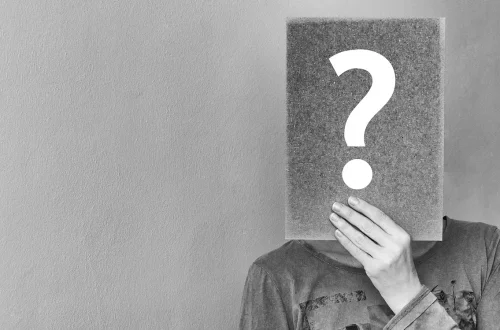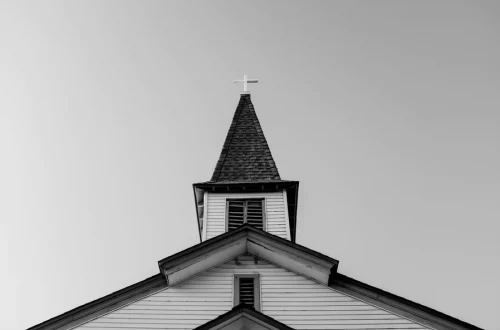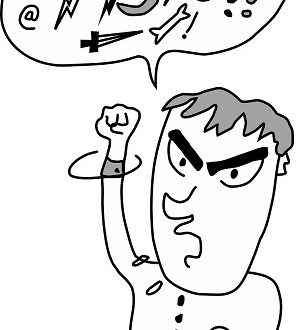Colorado is attempting to force Jack Phillips, a Christian baker, to use his artistic gifts to create a cake for a gay wedding celebration. Phillips says that creating such a cake would violate his religious beliefs. And he is not singling out gay weddings. He has also declined to make Halloween cakes and cakes with risqué messages for bachelor parties. He refused them because those messages also violate his religious beliefs.
The Supreme Court will decide whether the government can force him to violate his deeply held religious beliefs when it comes to gay marriage. What will they decide? That remains to be seen. Until they do, however, it is important to keep in mind what this case is and is not about. Unfortunately, a lot of media coverage actually obscures the facts of the case. For example, The New York Times‘ report today says this:
The case will be a major test of a clash between laws that ban businesses open to the public from discriminating based on sexual orientation and claims of religious freedom. Around the nation, businesses like bakeries, florists and photography studios have said, so far with little success, that forcing them to serve gay couples violates their constitutional rights.
This paragraph is actually incorrect. This particular baker is not discriminating against anyone because of their sexual orientation. He is not refusing service to gay couples because they are gay. In fact, he serves gay customers all the time. He is perfectly happy and willing to serve gay customers in his shop.
Likewise, USA Today and Religion News Service have an article headlined, “Supreme Court will hear religious liberty challenge to gay weddings.” This one really distorts the nature of the case. Phillips is not challenging the legality of gay weddings. He’s challenging Colorado’s attempt to force him into participating in one. [UPDATE: RNS corrected the headline after I tweeted about it.]
And that is the real issue. Phillips does not think the state has the right to coerce him to create art that contradicts his faith. Creating a cake for the purposes of celebrating a same-sex wedding would violate his faith. And that is what he is objecting to.
You will read press reports and hear news stories claiming that he wishes to discriminate on the basis of sexual orientation. That is just simply not true.
How will this case ultimately be decided? The decision is likely to come down to Justice Anthony Kennedy, the man who was the deciding vote in both Obergefell and Windsor. David French explains the religious liberty peril before us:
If Justice Kennedy views this case primarily through the LGBT lens, then the First Amendment may well lose. Kennedy is obviously proud of his long line of LGBT-friendly precedents, and that pride has even led him to a relatively rare First Amendment misstep, so it will be critical to explain to him (and the other justices, of course) that this isn’t a case about “discrimination” but rather about forced speech. Framing matters, and the other side will wrongly frame the case as raising the specter of Jim Crow. The right framing is found in the First Amendment.
This case will likely be a watershed for how religious liberty claims are treated in the future. If the court gets this right, it will have gone a long way to upholding our first freedom in the Bill of Rights. If the court gets this wrong, it will have gone a long way to undermine it.



